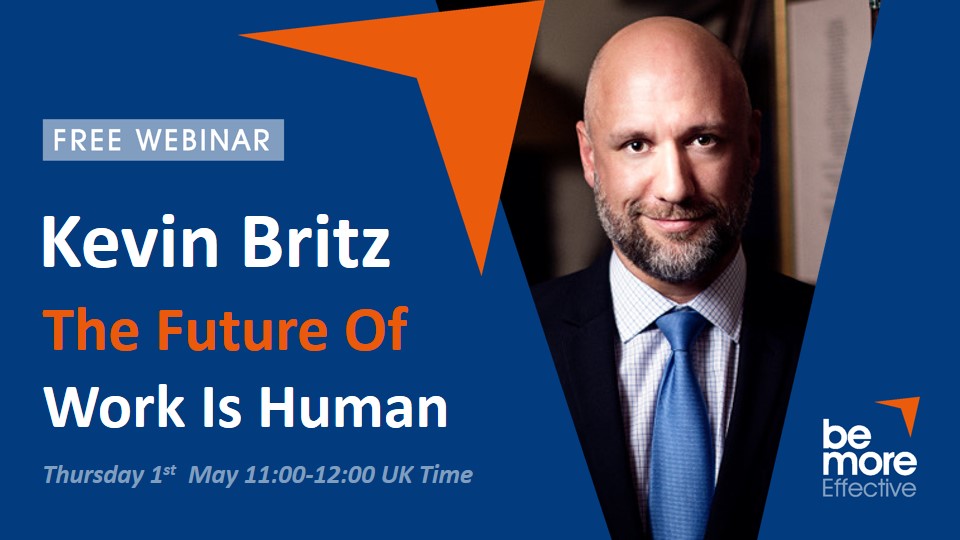Is your glass half full or half empty

There’s never been a right or wrong answer to this age-old poser and the presumption has been that the answer depends on your outlook on life – until now, that is...
According to Dr Tali Sharot, of University College London, our brains are programmed to look on the bright side of life. The old grey matter is wired to better process information that supports our cheery outlook than facts that challenge it – in other words, even when all the evidence points to a gloomy prediction of the future for us we are more likely to reject that evidence and choose to believe something more positive for ourselves…
Dr Sharot said: "Smoking kills messages don't work as people think their chances of cancer are low. The divorce rate is 50%, but people currently planning to marry do not think divorce will happen for them. There is a very fundamental bias in the brain....
...Seeing the glass as half full rather than half empty can be a positive thing – it can lower stress and anxiety and be good for our health and wellbeing.”
Some of this is good news for business;
- Provide your team with a positive experience and they’ll respond with better performance.
- Make their working environment enjoyable and it will help lift their activity levelsGive them good news and they are more likely to believe it.
- Even when facing bad news or problems most people will seek a positive outcome and look for the good in the situtation.
- The same applies to customers; they like us are wired to hope and expect a positive outcome and prefer to believe things will work out for the best.
There is a note of concern
For those in charge of a business, projects or teams a concern has been raised by Dr. Chris Chambers, a neuroscientist from the University of Cardiff who says… It is illuminating to see how the brain sometimes comes up with wrong and overly optimistic answers despite the evidence."
Dr Sharot agrees “The negative aspect of this is that we do underestimate risks."
Many business, projects and teams start out with unrealistic goals and even in the face of reasonable evidence predicting problems push on over optimistically building up even greater loses.
Whether you are attempting to shift the mind-set across your organisation to better respond to the new world you see coming or trying to turn a major initiative around from potential failure – knowing how to plan effective, how to manage risk in a robust way, how to influence individual and team behaviour and how to communicate effective are massively important skills.
If you’d like to talk further, please get in touch, or you could just pray it will all works out in the end…
For more information please send a message via the Contact Us Page. Or you can register for an upcoming webinar.


